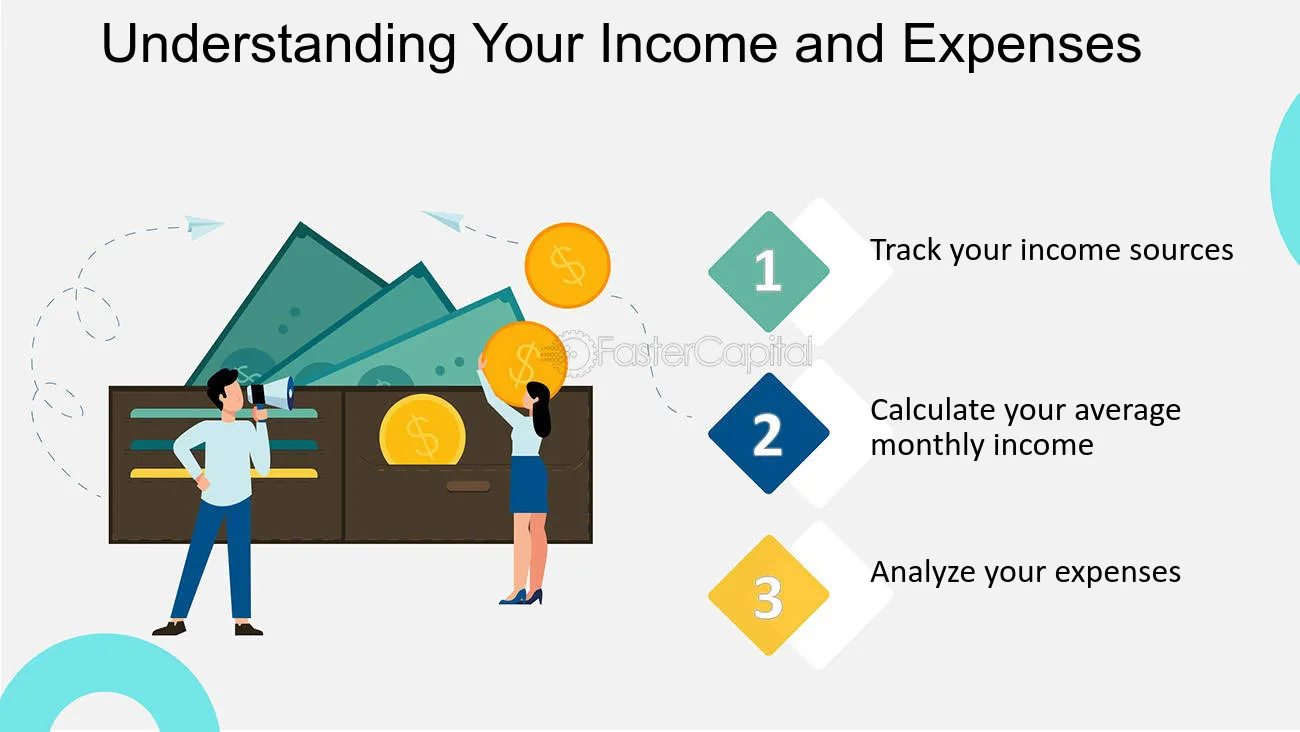
Money is a fundamental aspect of our lives, influencing everything from our daily choices to our long-term goals and aspirations. Whether we’re covering basic necessities, pursuing our passions, or planning for the future, our income plays a crucial role in shaping our financial well-being. But how do we know if we’re making enough money to support our needs and achieve our financial goals? In this article, we’ll explore the factors that determine whether you’re making enough money and provide practical tips for assessing and improving your financial situation.
Understanding Income: More Than Just a Number
Income is the amount of money you earn from various sources, such as employment, investments, rental properties, or business ventures. While a higher income can provide greater financial security and flexibility, it’s essential to consider the broader context of your financial situation when assessing whether you’re making enough money.
1. Covering Basic Needs
The first step in determining whether you’re making enough money is to assess whether your income adequately covers your basic needs. These needs typically include housing, food, transportation, healthcare, utilities, and other essential expenses. Calculate your monthly expenses and compare them to your monthly income to determine whether you have enough money to cover these essential costs comfortably.
If your income falls short of covering your basic needs, it may be necessary to reassess your spending habits, explore opportunities to increase your income, or seek financial assistance or support. Creating a budget can help you prioritize expenses, identify areas where you can cut costs, and allocate resources more efficiently.
2. Meeting Financial Goals
Beyond covering basic needs, your income should also enable you to pursue your financial goals and aspirations. Whether it’s saving for retirement, buying a home, paying off debt, or funding education expenses, your income plays a crucial role in realizing these objectives.
Evaluate whether your current income allows you to make progress toward your financial goals within a reasonable timeframe. If you find that your income is insufficient to achieve your goals, consider ways to increase your earning potential, such as pursuing additional education or training, seeking higher-paying employment opportunities, or exploring alternative sources of income such as freelance work or passive income streams.
3. Building Financial Resilience
In addition to covering basic needs and achieving financial goals, your income should also provide a buffer against unexpected expenses or emergencies. Building financial resilience involves setting aside savings or emergency funds to cope with unforeseen circumstances such as medical emergencies, car repairs, or job loss.
A commonly recommended guideline is to have enough savings to cover three to six months’ worth of living expenses. Assess whether your current income allows you to save consistently and build a sufficient emergency fund to protect against financial shocks. If not, prioritize building savings by setting aside a portion of your income each month and gradually increasing your savings rate over time.
4. Evaluating Quality of Life
While income is an important factor in determining financial well-being, it’s essential to consider its impact on your overall quality of life. Are you satisfied with your current standard of living, or do you feel stressed or overwhelmed by financial pressures? Assess whether your income allows you to enjoy a comfortable lifestyle that aligns with your values, interests, and priorities.
Consider factors such as work-life balance, job satisfaction, and mental and physical well-being when evaluating the adequacy of your income. If you find that your income is negatively impacting your quality of life, explore ways to achieve greater balance and fulfillment, whether through career changes, lifestyle adjustments, or seeking support from financial advisors or counselors.
Practical Tips for Assessing and Improving Your Financial Situation
Now that we’ve explored the factors that determine whether you’re making enough money, let’s discuss some practical tips for assessing and improving your financial situation:
1. Track Your Expenses: Keep track of your spending habits to identify areas where you can cut costs and allocate resources more effectively. Use budgeting tools or apps to monitor your expenses and set spending limits for different categories.
2. Negotiate Your Salary: If you feel that you’re not being adequately compensated for your skills and experience, don’t hesitate to negotiate your salary or seek opportunities for advancement within your current organization.
3. Diversify Your Income: Explore opportunities to diversify your income through side gigs, freelance work, rental properties, or investments. Having multiple income streams can provide greater financial security and flexibility.
4. Invest in Yourself: Invest in education, training, or certifications that can enhance your skills and qualifications, leading to higher-paying job opportunities or career advancement.
5. Seek Professional Advice: Consider seeking advice from financial advisors, accountants, or career counselors who can provide personalized guidance and strategies for improving your financial situation.
Conclusion
Determining whether you’re making enough money involves assessing whether your income adequately covers your basic needs, enables you to pursue your financial goals, and provides a buffer against unexpected expenses. By evaluating these factors and implementing practical strategies for improving your financial situation, you can achieve greater financial security, flexibility, and overall well-being. Remember that financial success is not solely determined by the amount of money you make but by how effectively you manage and leverage your resources to achieve your goals and aspirations.


